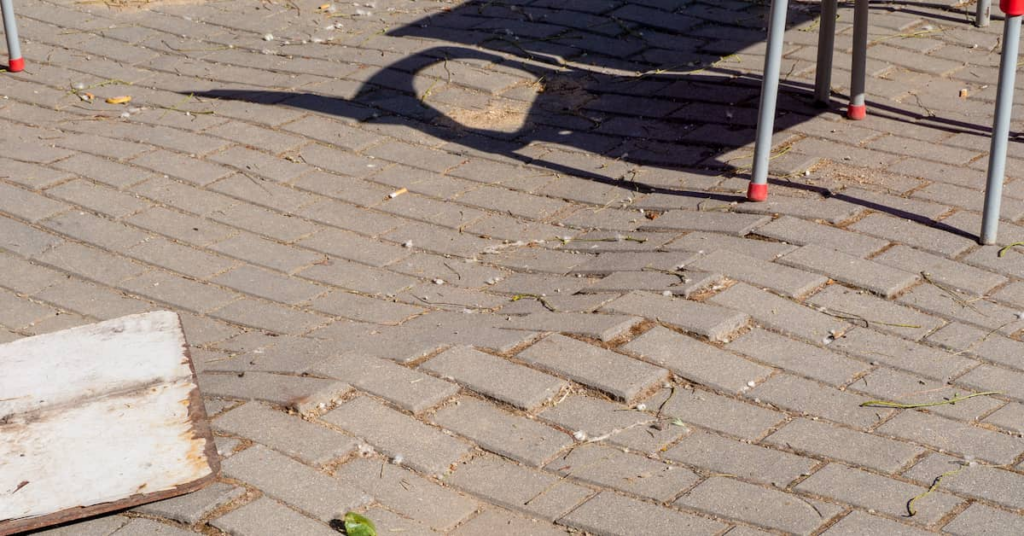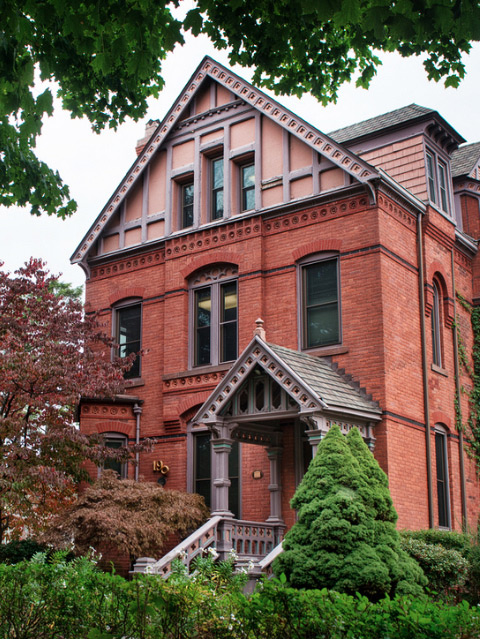
A premises liability lawyer can help if you are injured on another’s property. One of the major responsibilities of a premises liability lawyer is identifying who is responsible for your injuries and damages.
Liability is a complex issue in these cases. An experienced attorney can determine who is responsible for the condition of the premises and take action to hold the appropriate party or parties accountable.
Please call The Flood Law Firm at (860) 346-2695 today for a FREE consultation. Our lawyers handle premises liability cases throughout Connecticut from offices in Middletown, Danbury, Waterbury, and Bridgeport.
Potential Parties in a Premises Liability Claim
The liable party or parties in a premises liability claim depend in part on where you got hurt. Defendants in these cases often include:
- The owner of a residential property (such as a home, townhouse, condominium, etc.)
- A landlord or property management company
- A tenant in a rental home, apartment building, etc.
- A commercial business
- The owner of a commercial property (such as a shopping center, strip mall, office building, etc.)
- State and local government agencies
Each of these parties will likely carry liability insurance. If the evidence shows that one or more of the parties above are responsible for your injuries, the damages are covered by the insurance policy.
However, fair compensation is not guaranteed. Insurance companies will try to pay as little as possible, even if it is clear that the property owner caused your injuries. This is why it is crucial to have an experienced attorney represent you.
Who Is Responsible for Injuries in a Premises Liability Case?
Legal responsibility for injuries suffered by a visitor on the premises may fall on (a) the owner of the property and/or (b) a party occupying the premises. A number of different factors need to be considered to ensure that fault is properly assigned.
The elements of a premises liability claim are:
- The owner or party in possession of the premises owed you a duty of care.
- The duty of care was breached through negligence.
- You suffered injury as a result of the owner or possessor’s negligence.
- As a result of your injuries, you have sustained compensable damages.
A premises liability lawyer can determine who owed you the duty of care and collect evidence of negligence or wrongdoing. Property owners can be held liable for injuries caused by their failure to clean and maintain the premises, failure to warn visitors of potential dangers, failure to secure the premises, and failure to abide by building codes and other safety standards (to name a few common scenarios).
Tenants (also known as occupiers) assume some level of responsibility for the premises as part of their agreement with the property owner. In cases where the owner leases the property to another party (such as a renter, a commercial tenant, etc.), your attorney will need to ascertain who had control of the property at the time of the accident.
Generally, tenants agree to keep the property clean and free of hazards. If you suffer injury because the occupier fails to uphold this duty (e.g., you slip and fall because of a spill that wasn’t promptly cleaned up), liability for your injuries will likely fall on the occupier of the premises.
Comparative Fault
Issues of comparative fault can also complicate a premises liability claim. Connecticut follows the rule of comparative negligence:
“In causes of action based on negligence, contributory negligence shall not bar recovery in an action by any person or the person's legal representative to recover damages resulting from personal injury, wrongful death or damage to property if the negligence was not greater than the combined negligence of the person or persons against whom recovery is sought.”
What this means in a premises liability claim is that you can still recover damages even if you were partly at fault. Any damages you are awarded will be reduced in proportion to your share of liability. However, you do not have the right to compensation if it is determined that your level of fault exceeds that of the defendant(s). In other words, recovery of personal injury damages is barred when the plaintiff is found to be more than 50% at fault.
Defendants and insurers often try to limit their liability by arguing that visitors are responsible for their own injuries. An attorney can investigate conditions on the property, collect evidence of what caused your injuries, and pursue the compensation you deserve.
How The Flood Law Firm Can Help
Attorneys and staff at The Flood Law Firm are passionate about holding negligent individuals and corporations accountable and fighting the insurance companies to secure fair outcomes for our clients. Our results speak for themselves.
When you are injured on someone else’s property, it is of the utmost importance to identify the property owner and any additional parties in possession or control of the premises. Our lawyers have the knowledge and skill to perform thorough investigations and gather any and all evidence of negligence.
Our firm believes in the power of jury trials. Although we are frequently able to reach favorable settlements (often for more than what insurance companies typically offer), we never hesitate to go to trial if it presents an opportunity to maximize the client’s recovery.
Contact The Flood Law Firm today to speak with a premises liability lawyer. Your initial consultation is FREE, and you pay nothing until we achieve a settlement or trial award on your behalf.
